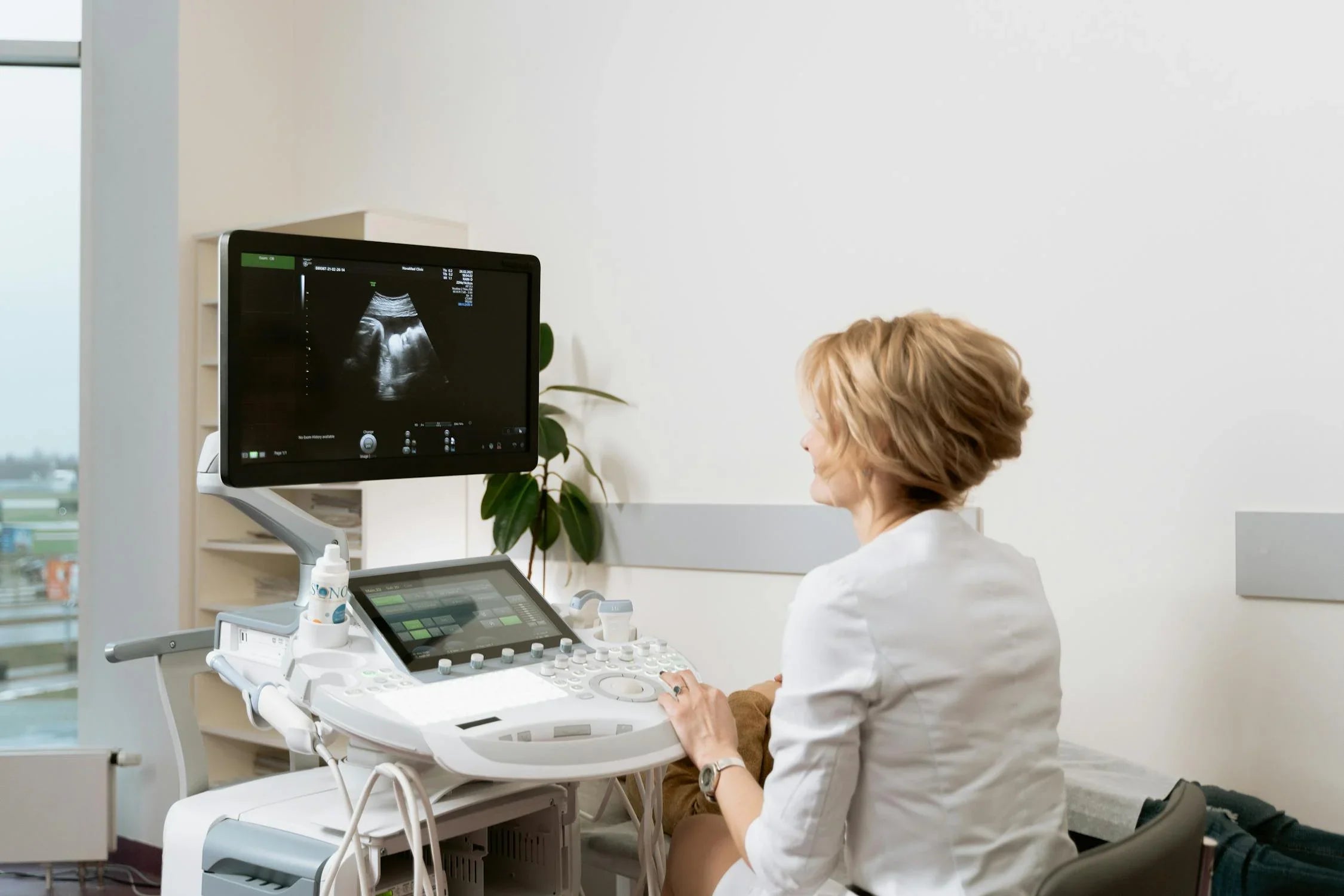Startseite
Pregnancy, Breastfeeding, and Pumping: The Ultimate Guide for Moms
How Early Can a Pregnancy Test Be Taken: A Comprehensive Guide

How Early Can a Pregnancy Test Be Taken: A Comprehensive Guide
Are you wondering how early you can take a pregnancy test? The anticipation of finding out whether you’re expecting can be both exciting and nerve-wracking. Knowing when to take a pregnancy test can make all the difference in getting accurate results. This comprehensive guide will walk you through everything you need to know about early pregnancy testing, from how tests work to the best time to take one.
Understanding How Pregnancy Tests Work
Pregnancy tests detect the presence of a hormone called human chorionic gonadotropin (hCG) in your urine or blood. This hormone is produced by the placenta shortly after a fertilized egg attaches to the uterine lining. The levels of hCG increase rapidly in the early stages of pregnancy, doubling approximately every 48 to 72 hours.
There are two main types of pregnancy tests: urine tests and blood tests. Urine tests are the most common and can be done at home, while blood tests are typically performed at a healthcare provider’s office. Both types of tests are designed to detect hCG, but blood tests can detect lower levels of the hormone earlier than urine tests.
How Early Can You Take a Pregnancy Test?
The timing of when you can take a pregnancy test depends on the sensitivity of the test and the levels of hCG in your body. Most at-home pregnancy tests claim to detect pregnancy as early as the first day of your missed period. However, some highly sensitive tests can detect hCG even earlier, sometimes up to six days before your missed period.
It’s important to note that taking a test too early can result in a false negative, meaning the test may not detect pregnancy even if you are pregnant. This is because hCG levels may not be high enough to be detected by the test. For the most accurate results, it’s generally recommended to wait until after your missed period to take a pregnancy test.
Factors That Affect When You Can Test
Several factors can influence how early you can take a pregnancy test and get accurate results. These include:
- Ovulation Timing: If you ovulate later in your cycle, implantation may occur later, delaying the production of hCG.
- Test Sensitivity: Different tests have different levels of sensitivity to hCG. More sensitive tests can detect lower levels of the hormone earlier.
- Urine Concentration: Taking the test with your first-morning urine, which is more concentrated, can increase the chances of detecting hCG.
- Individual hCG Levels: The rate at which hCG levels rise can vary from person to person.
Tips for Accurate Early Pregnancy Testing
To increase the likelihood of getting an accurate result when testing early, consider the following tips:
- Wait Until After Your Missed Period: While it may be tempting to test early, waiting until after your missed period can reduce the risk of a false negative.
- Use First-Morning Urine: Your first-morning urine is the most concentrated and is more likely to contain higher levels of hCG.
- Follow the Instructions Carefully: Make sure to read and follow the instructions on the pregnancy test to ensure accurate results.
- Test Again if Necessary: If you get a negative result but still suspect you might be pregnant, wait a few days and test again.
What to Do After a Positive Test
If you receive a positive result on a pregnancy test, it’s important to confirm the result with a healthcare provider. They can perform a blood test to confirm the pregnancy and provide guidance on next steps. Early prenatal care is crucial for the health of both the mother and the developing baby.
Your healthcare provider can also help you estimate your due date and discuss any lifestyle changes or prenatal vitamins you may need. If the pregnancy is unexpected, they can provide information and support to help you make informed decisions about your options.
Common Questions About Early Pregnancy Testing
Here are answers to some frequently asked questions about early pregnancy testing:
Can I Get a False Positive?
False positives are rare but can occur due to certain medications, medical conditions, or an early miscarriage. If you receive a positive result, it’s important to confirm it with a healthcare provider.
How Soon After Implantation Can I Test?
Implantation typically occurs 6 to 12 days after ovulation. After implantation, hCG levels begin to rise, and a pregnancy test may detect the hormone as early as 6 to 8 days after implantation.
Can I Test at Any Time of Day?
While you can take a pregnancy test at any time of day, using first-morning urine is recommended for early testing as it is more concentrated and likely to contain higher levels of hCG.
What if My Test is Negative but I Still Feel Pregnant?
If you receive a negative result but still experience pregnancy symptoms, wait a few days and test again. It’s possible that hCG levels were too low to be detected at the time of the first test.
Understanding how early you can take a pregnancy test and how to get accurate results can help ease the anxiety of waiting. Whether you’re hoping for a positive result or not, knowing when and how to test can provide clarity and peace of mind. Remember, if you have any doubts or questions, don’t hesitate to reach out to a healthcare professional for guidance.
Teilen

